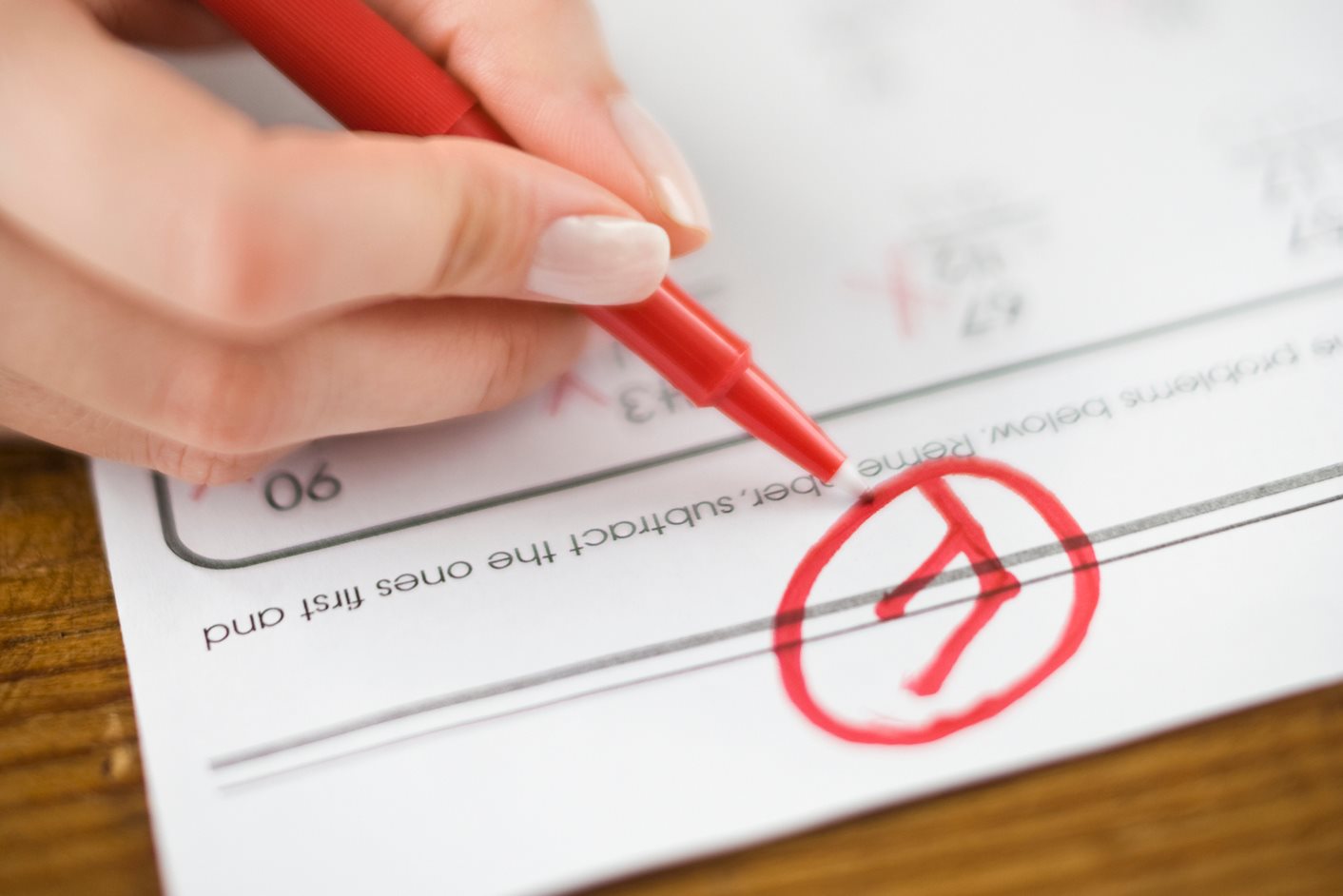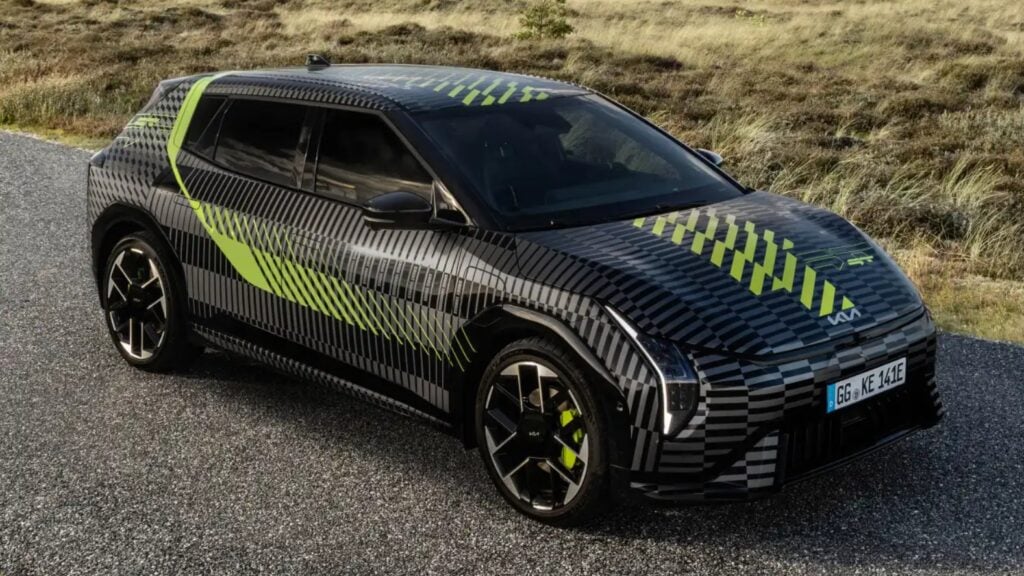New South Wales’s Transport Minister has slammed the Federal Government’s lack of electric vehicle policy – claiming it doesn’t seem to understand the seriousness of their impact on climate change.
Andrew Constance accused some of his federal colleagues of underestimating the impact of global warming on future generations and leaving the states to “go it alone” on reform, reports the Sydney Morning Herald.
The Minister also called on his counterparts in the other states and territories to ensure no government in Australia has a combustion-engined vehicle in its fleet by 2030, and expressed frustration that the Morrison administration failed to outline plans for a national road-user charge before leaving “Australia with a patchwork of policies”.
The latter is a sentiment greatly supported by the Federal Chamber of Automotive Industries (FCAI).
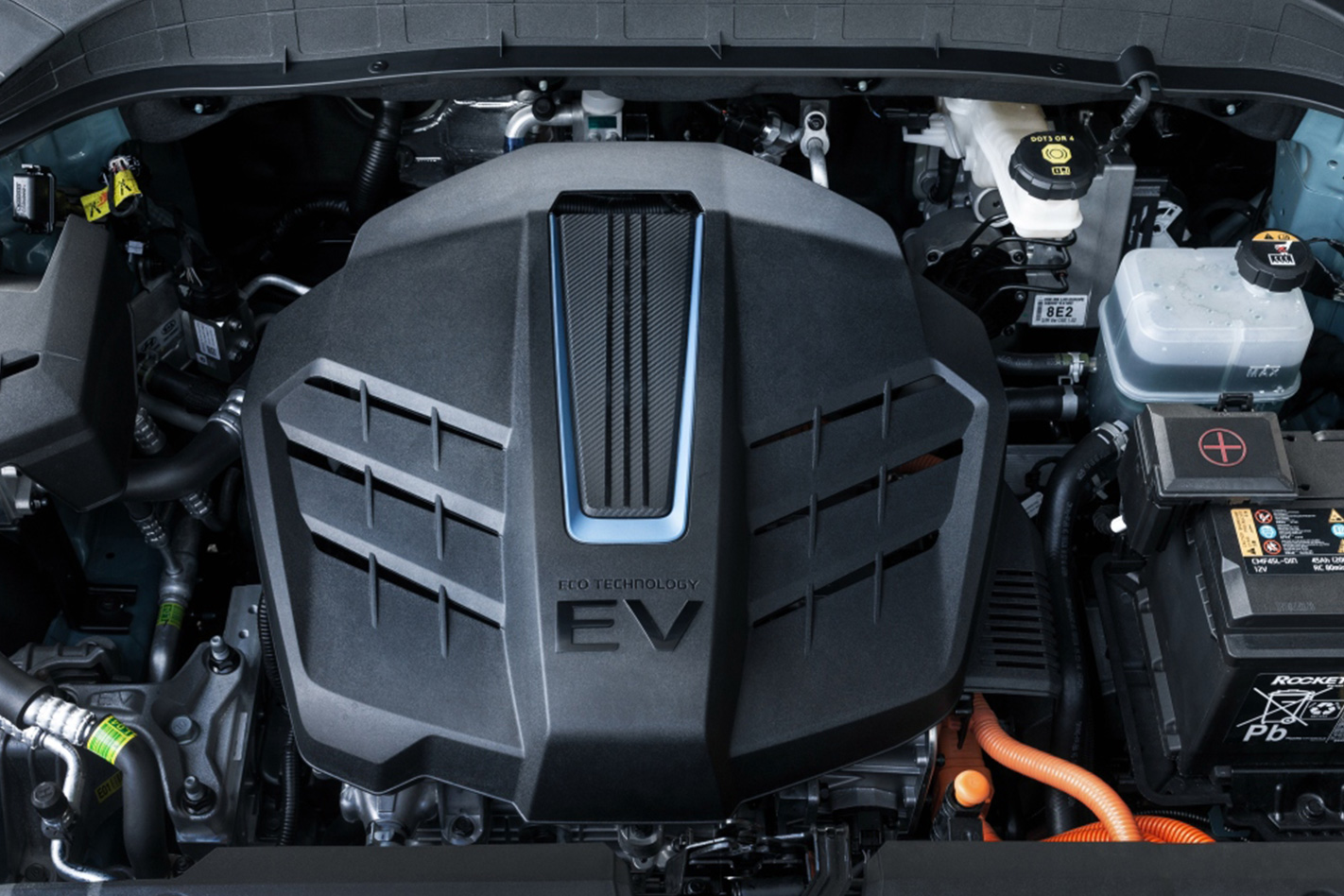
“Canberra should have set a road user charge, instead, now look at it. You wouldn’t end up with these perverse outcomes where there’s a good policy in one state and a horrendous policy in another. We’d be far better off if we were in it together,” Mr Constance told a Committee for Sydney event on Tuesday, according to the newspaper.
“You know I get highly agitated when I hear federal politicians, not understanding how serious this is for our country and our children.
“It irritates me no end that we have these great state-based initiatives and there is nothing that’s been provided from Canberra [at a federal level] to be able to partner with the states in terms of the initiatives that we’re doing.
“I certainly feel at a national level we’ve got this great ability to reset the public discourse in terms of climate change policies. Forget the 2050 target, we can get on with this now to generate jobs, to generate innovation and transport can lead the way.”NSW outlined its own plans to incentivise EV uptake and develop its infrastructure network earlier this year, including a road-user charge coming into play in 2027, or when the number of EVs on state roads hits 30 per cent – whichever comes sooner.
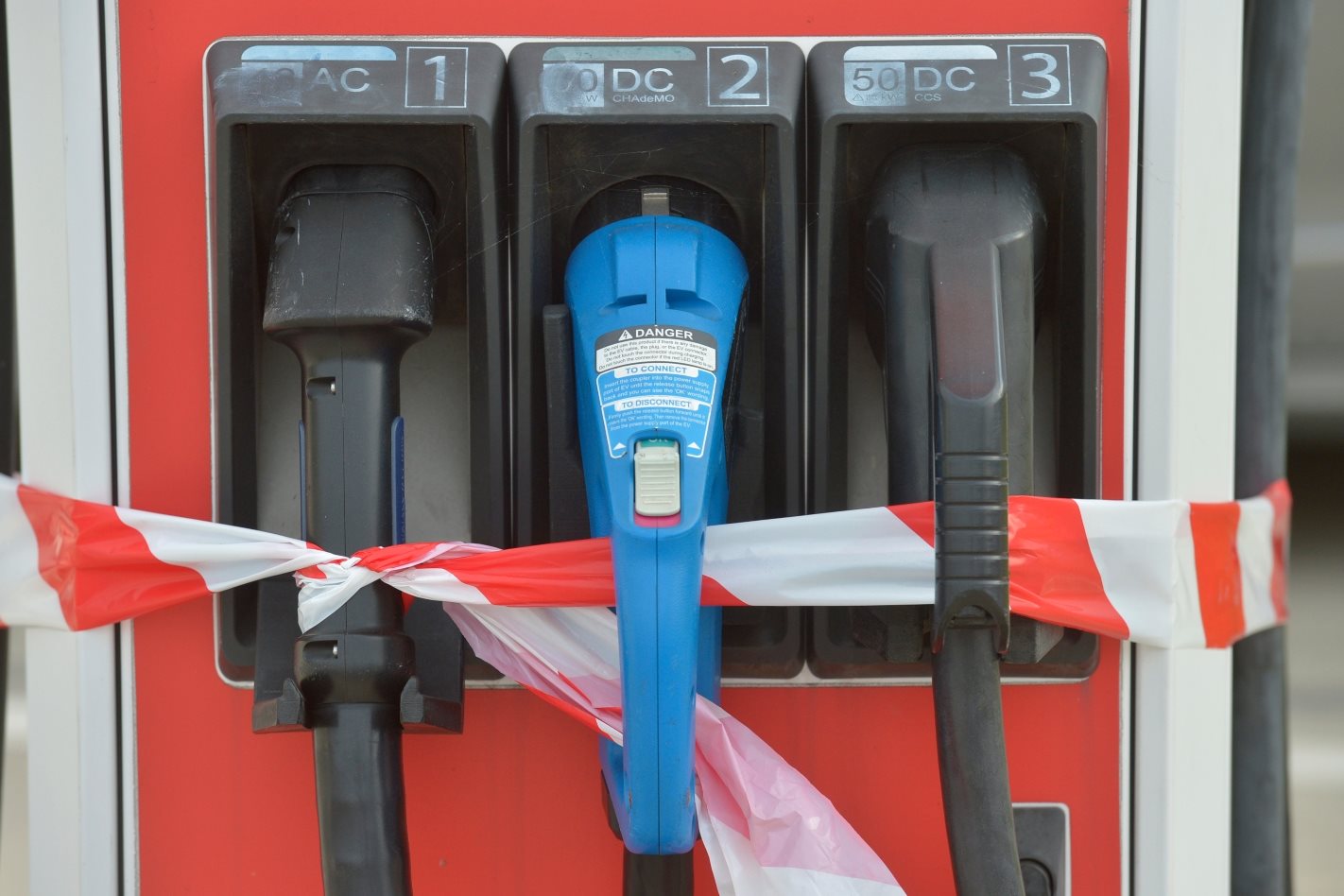
Its offer of a $3000 rebate on new EVs purchased has not yet been passed through Parliament – having been due to come into effect from today – but the authority has confirmed it will backdate the payments once proceedings are able to resume when COVID-19 restrictions are able to lift.
South Australia has an identical plan to tax EV owners, last week announcing it was pushing the implementation back five years from 2022 to 2027/30 per cent uptake.
Victoria however has ploughed ahead with its own charge, controversially bringing it in much sooner – it took effect on July 1 this year.
While only these three states so far have ideas of taxing EVs, all states and territories in Australia have now revealed their policies on the technology as it becomes increasingly more mainstream.
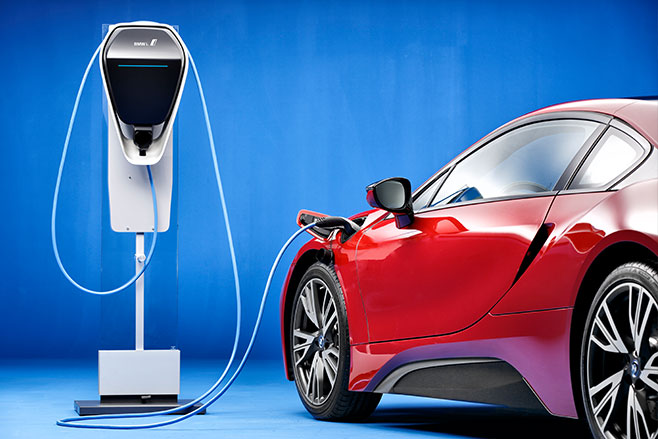
Speaking recently to Wheels, the Federal Government said it is working “collaboratively with state and territory governments to consider the revenue and other implications of increased uptake of low and zero emissions vehicles” – essentially what it is going to do about the loss of fuel excise as EVs gain popularity.
It also claims to be focused on “practical actions” which will enable the private sector to commercially deploy low emissions road transport technologies at scale.
In July, the Australian Government awarded $25 million to five energy companies to roll out more than 400 electric vehicle charging points across the country.
We recommend
-
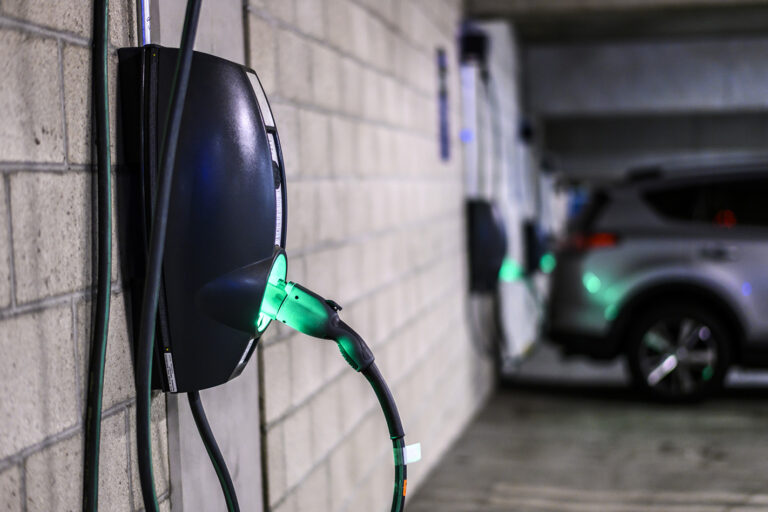 News
NewsNSW to backdate EV rebate payments
The incentive scheme is due to start on September 1
-
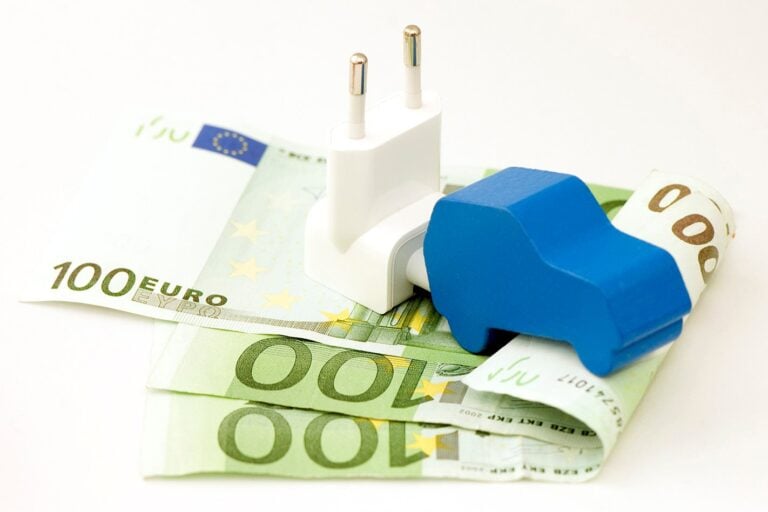 News
NewsSA passes EV tax into law – UPDATE
The Bill has passed through the State Parliament meaning the charge will be delayed until 2027 (or 30 per cent uptake)
-
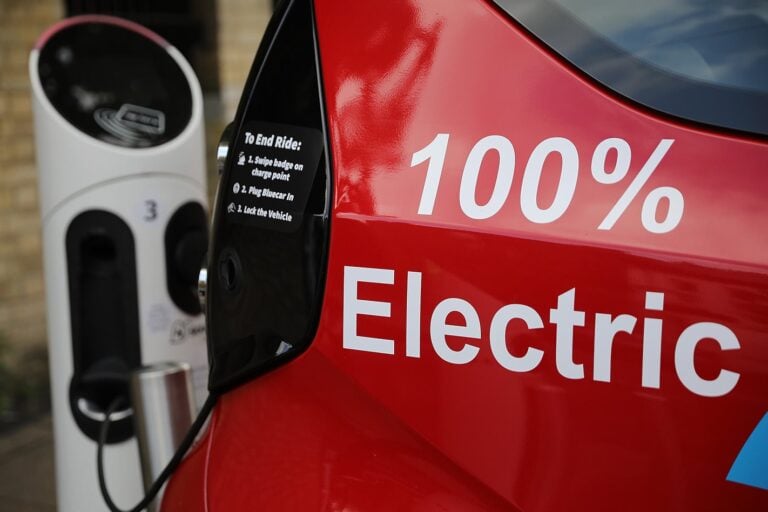 News
NewsVictorian EV tax bill is "world's worst EV policy"
A public hearing about the controversial EV tax bill is on today


